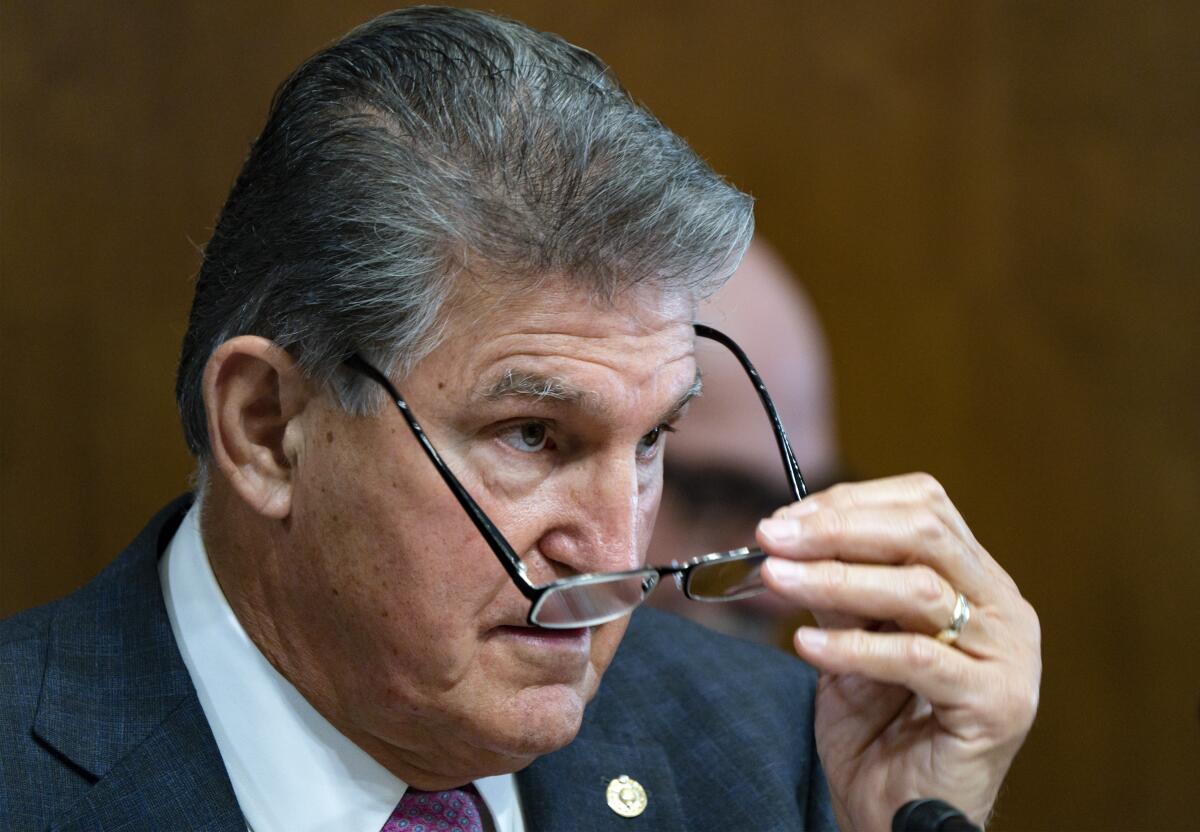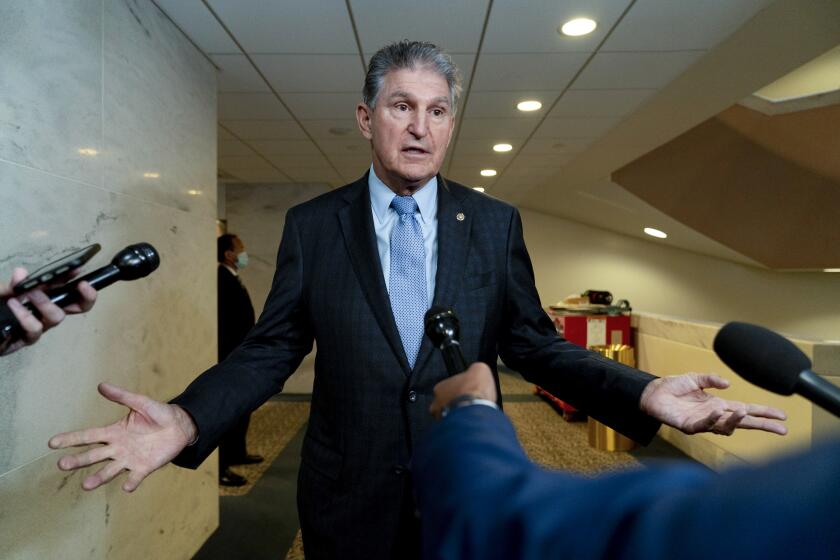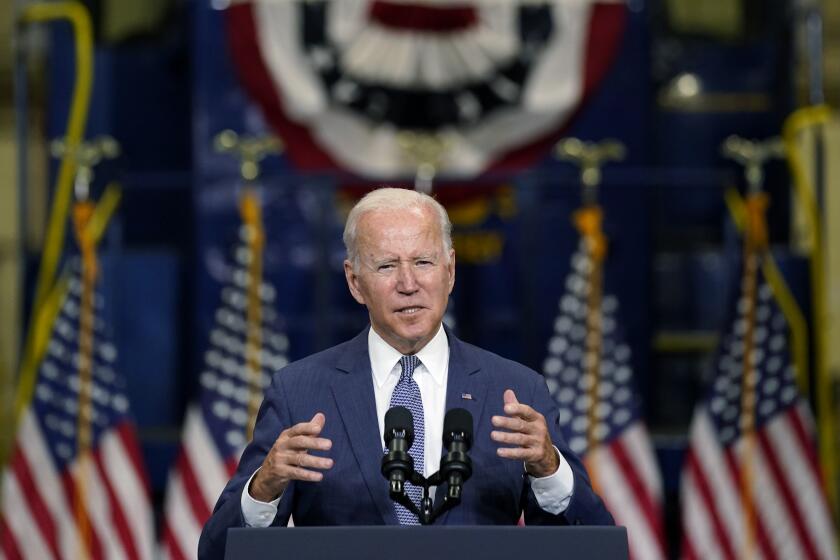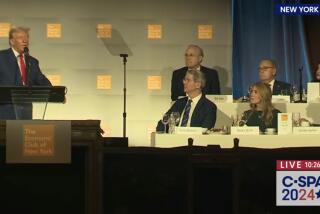Paid family leave benefit likely to be removed from Democrats’ bill

WASHINGTON — An ambitious proposal to mandate 12 weeks of paid family and medical leave for workers nationwide will probably be struck from the Democrats’ Build Back Better plan, a setback for the party’s hopes of strengthening the nation’s social programs.
Paid family and medical leave has been a central plank of the bill and an increasingly prominent focus of the Democratic Party’s candidates in recent years.
Senate Democrats unveil a proposed new entry in the tax code that would raise taxes on the wealthiest Americans — fewer than 800 people, all told.
But it was felled by centrist Democratic Sen. Joe Manchin III’s opposition to establishing new government programs and by the overall cost, according to two people familiar with the negotiations. They said the provision probably will not be in the final package.
The likely elimination of paid leave comes as Democrats try to end weeks of negotiation to come to a final agreement on the social spending bill. In recent days, negotiations have narrowed to a few topics.
Several of paid leave’s most prominent backers refused to accept defeat late Wednesday. Sens. Kirsten Gillibrand of New York, Patty Murray of Washington and Mazie Hirono of Hawaii surrounded Manchin, of West Virginia, on the Senate floor for a visibly tense conversation.
“He said he would remain open-minded,” Gillibrand said after the conversation. “It’s not out.... We will try to get a robust paid leave package in the bill.”
Manchin said that he’s considering the proposals, but that the fast-track procedure Democrats are using to enact the bill is “not the place to do” major policy.
The policy has the strong backing of several female Democratic senators. Murray pointed out that it is two men — she did not identify the second — who are holding up a policy that would widely help women, who overwhelmingly take on the responsibilities to care for babies, sick children and infirm parents.
“We are not going to allow one or two men to tell millions of women in this country that they can’t have paid leave,” she said.
The proposal had come under scrutiny in recent days. Advocates scrambled to come up with alternatives that would win Manchin’s approval.
The fate of a paid family leave policy is “not looking good,” Sen. Elizabeth Warren (D-Mass.) said earlier Wednesday. “I wish it were otherwise. I think this may be one [policy] that’s in real trouble.”
The policy as originally envisioned by the House would be 12 weeks of leave for family reasons, such as the birth or adoption of a child, or medical reasons, such as an illness or to care for an ill family member.
It was shortened to four weeks to reduce cost. Another proposal called for sick leave to be eliminated, but family leave preserved. But none appear to have gotten Manchin’s support.
Several senators have lobbied Manchin and the White House on ways to preserve the policy in some form and are expected to continue to do so.
To help pay for his big economic and social agenda, President Biden is looking to go where the big money is, and that’s billionaires.
Supporters of paid family and medical leave argue that only 23% of private-sector workers have access to paid leave through their job and that people of color are most likely to not have access to adequate time off for family and medical reasons.
“Every other wealthy country in the world has some form of paid family and medical leave. The fact that the U.S. has zero weeks is abysmal,” said Lelaine Bigelow, vice president for social impact and congressional relations at the National Partnership for Women & Families.
More to Read
Get the L.A. Times Politics newsletter
Deeply reported insights into legislation, politics and policy from Sacramento, Washington and beyond. In your inbox three times per week.
You may occasionally receive promotional content from the Los Angeles Times.













